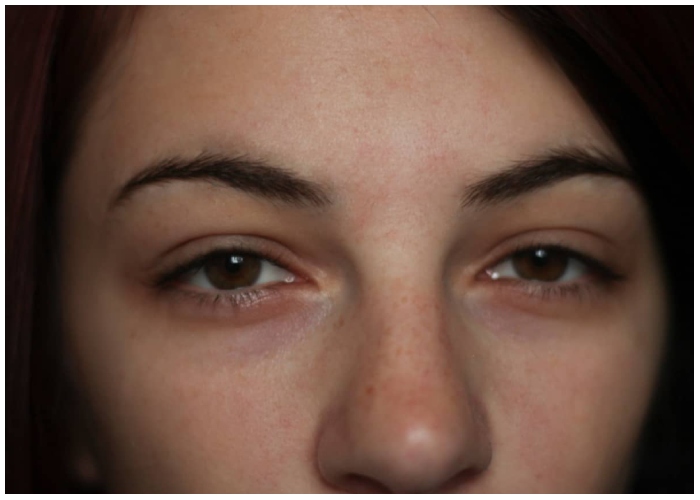You’ve heard the phrase “beauty sleep” tossed around like a fairy tale—something said with a wink and a silk eye mask. But it turns out, the link between sleep and glowing skin isn’t just anecdotal. From skin regeneration to hormone balance, your body uses rest as a time to restore and repair. Want better skin, fewer breakouts, and less puffiness? Start by setting an earlier bedtime.
What Happens to Your Skin While You Sleep
During the day, your skin is in protection mode. It fights off UV rays, pollution, blue light, and makeup buildup. But at night, everything changes. Your skin switches to recovery mode, working overtime to repair damage, build collagen, and restore hydration levels.
This is when cell turnover kicks into high gear. Dead skin cells are shed and replaced, allowing newer, fresher skin to surface. Blood flow to the skin increases during sleep, giving you that sought-after morning glow. Meanwhile, melatonin—the hormone that helps regulate your sleep cycle—also acts as a powerful antioxidant, helping to neutralize the stress your skin endures all day long.
Skipping sleep doesn’t just make you groggy—it can accelerate signs of aging, worsen inflammation, and dull your complexion. Sleep is skincare, just without the product label.
The Consequences of Poor Sleep on Your Skin
A restless night shows up on your face faster than anywhere else. When you don’t get enough rest, your body produces more cortisol (the stress hormone), which can break down collagen and trigger breakouts. Dark circles, under-eye bags, and dry, sallow skin are all telltale signs that your sleep schedule is working against you.

Even more concerning, chronic sleep deprivation can lead to a compromised skin barrier. That means moisture escapes more easily, irritants get in faster, and you’re more prone to redness, sensitivity, and flare-ups.
You might have the best skincare products in the world—but without sleep, they can only do so much. Your skin needs time to process and absorb their benefits, and that process is strongest while you rest.
How to Create a Nighttime Routine That Boosts Your Glow
Skincare doesn’t need to be complicated to be effective, especially at night. The key is consistency and choosing products that support your skin’s natural overnight repair cycle.
Here’s a simple routine that pairs perfectly with a good night’s sleep:
- Cleanse: Start by removing makeup, sunscreen, and the day’s buildup. A gentle, hydrating cleanser works for most skin types.
- Treat: Use a serum with ingredients like hyaluronic acid, peptides, or niacinamide to support hydration and elasticity.
- Moisturize: Lock in moisture with a nourishing night cream or facial oil.
- Repair: If using retinol or exfoliants, apply a few nights per week—never more than your skin can tolerate.
- Support your sleep: Finish the night with calming rituals—herbal tea, screen-free time, journaling, or light stretching.
Bonus tip: swap your pillowcase regularly (preferably for silk or satin) to reduce friction and prevent breakouts.
Sleep Hygiene for Better Skin (and Better Mornings)
If you want to wake up with clearer skin and fewer under-eye shadows, focus on improving your sleep environment and habits:
- Stick to a schedule: Going to bed and waking up at the same time daily regulates your circadian rhythm.
- Keep your room cool and dark: A calm, quiet bedroom helps your body enter deeper sleep cycles.
- Avoid screens before bed: Blue light disrupts melatonin production, which can interfere with both sleep and skin regeneration.
- Stay hydrated—but not too late: Drinking water throughout the day supports skin health, but limits fluids close to bedtime to avoid disruptions.
True beauty sleep starts long before your head hits the pillow.
A well-rested face is the ultimate glow-up. While serums and facials have their place, nothing beats the power of real, restorative sleep. By treating bedtime like the beauty ritual it truly is, you’re giving your skin the time and space it needs to shine—literally.